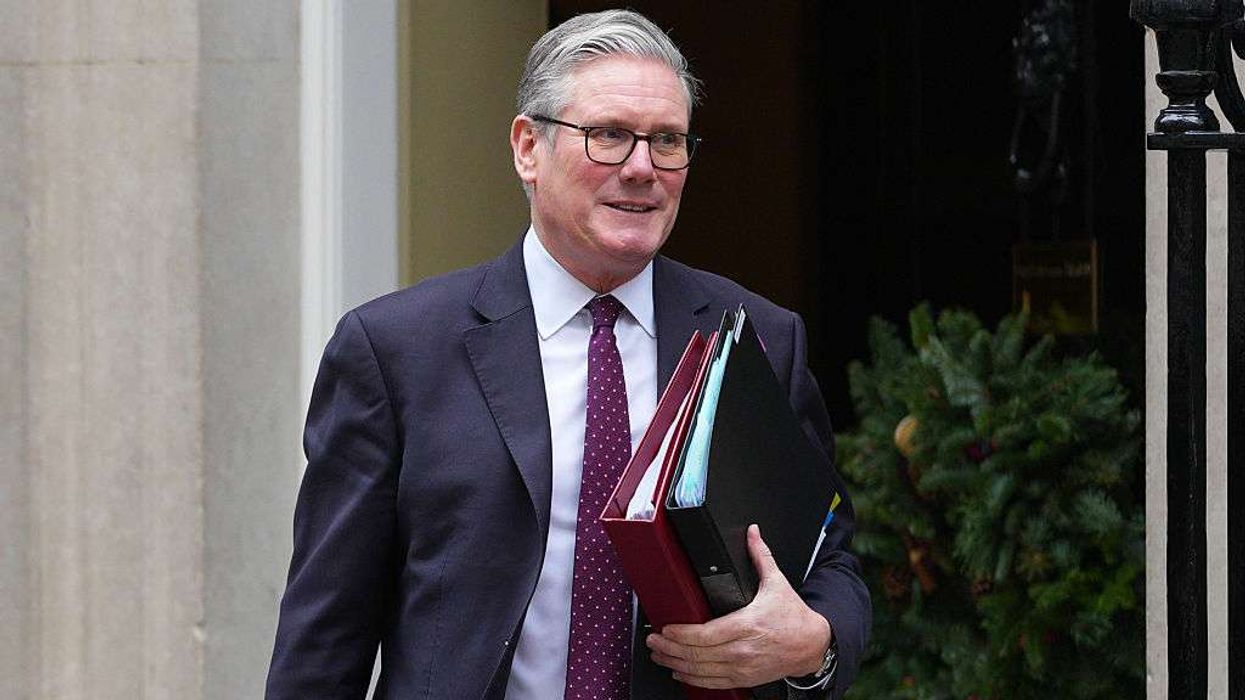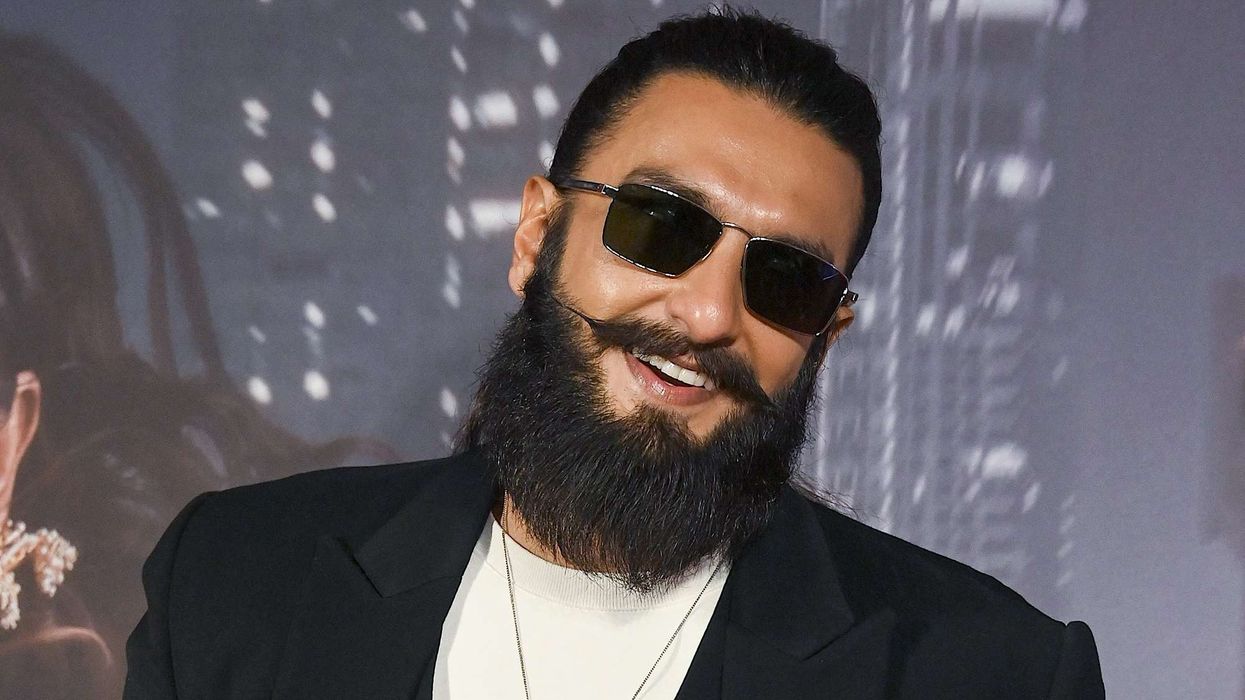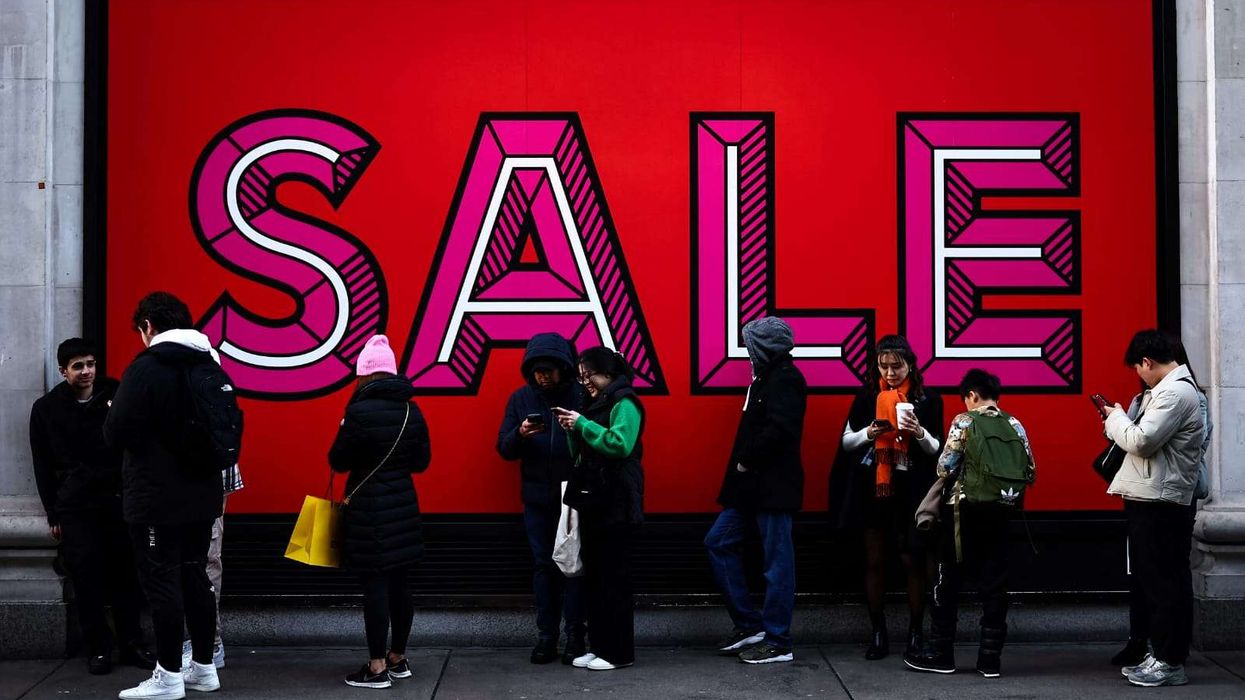FROM Monday (16), people who are double jabbed or aged under 18 will no longer be legally required to self-isolate even if they are identified as a close contact of a positive Covid-19 case, the department of health and social care said on Thursday (12).
Under the new rules people with both jabs and under-18s if pinged will be “advised” to take a PCR test to see if they have coronavirus.
However, anyone who does test positive will still need to self-isolate regardless of age or vaccination status, says the new guidance, adding that people who have yet to receive their first or second jabs will still be asked to isolate if they come into contact with a coronavirus case.
Health and Social Care Secretary Sajid Javid said: "Asking the close contacts of people with COVID-19 to self-isolate has played a critical role in helping us get this virus under control, and millions of people across the UK have made enormous sacrifices by doing this."
"Getting two doses of a vaccine has tipped the odds in our favour and allowed us to safely reclaim our lost freedoms, and from Monday we can take another huge step back towards our normal lives by removing self-isolation requirements for double jabbed people who are contacts of people with COVID-19,” he said.
Claiming that “vaccines are what will bring this pandemic to an end”, Javid called on everyone to take the jab at the earliest opportunity.
Updates will be made to the COVID-19 app to align with the changing requirements to self-isolation, the department said.
Most double-vaccinated health and social care workers will also be able to return to work- even if they are close contacts of a covid case- following a negative test result.
Head of NHS Test and Trace Dr Jenny Harries said that although double doses of Covid-19 vaccine "greatly reduce your own risk of becoming unwell", it is still possible to contract the virus and pass it to others.
"So if you develop symptoms at any time - vaccinated or not - you should get a test and be very careful in your contact with others until you have received a negative test result," Harries said.












